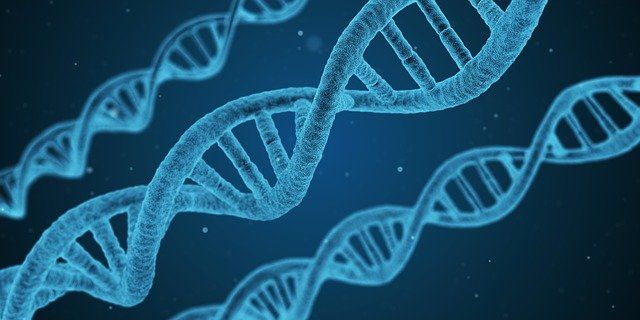Nuove Tecniche Genomiche: opportunità e sfide
Un recente studio della EC su status e uso delle nuove tecniche genomiche nei vegetali, animali e microrganismi è disponibile dallo scorso aprile. Una raccolta di informazioni per capire meglio l’impatto delle biotecnologie nelle nostre società.





